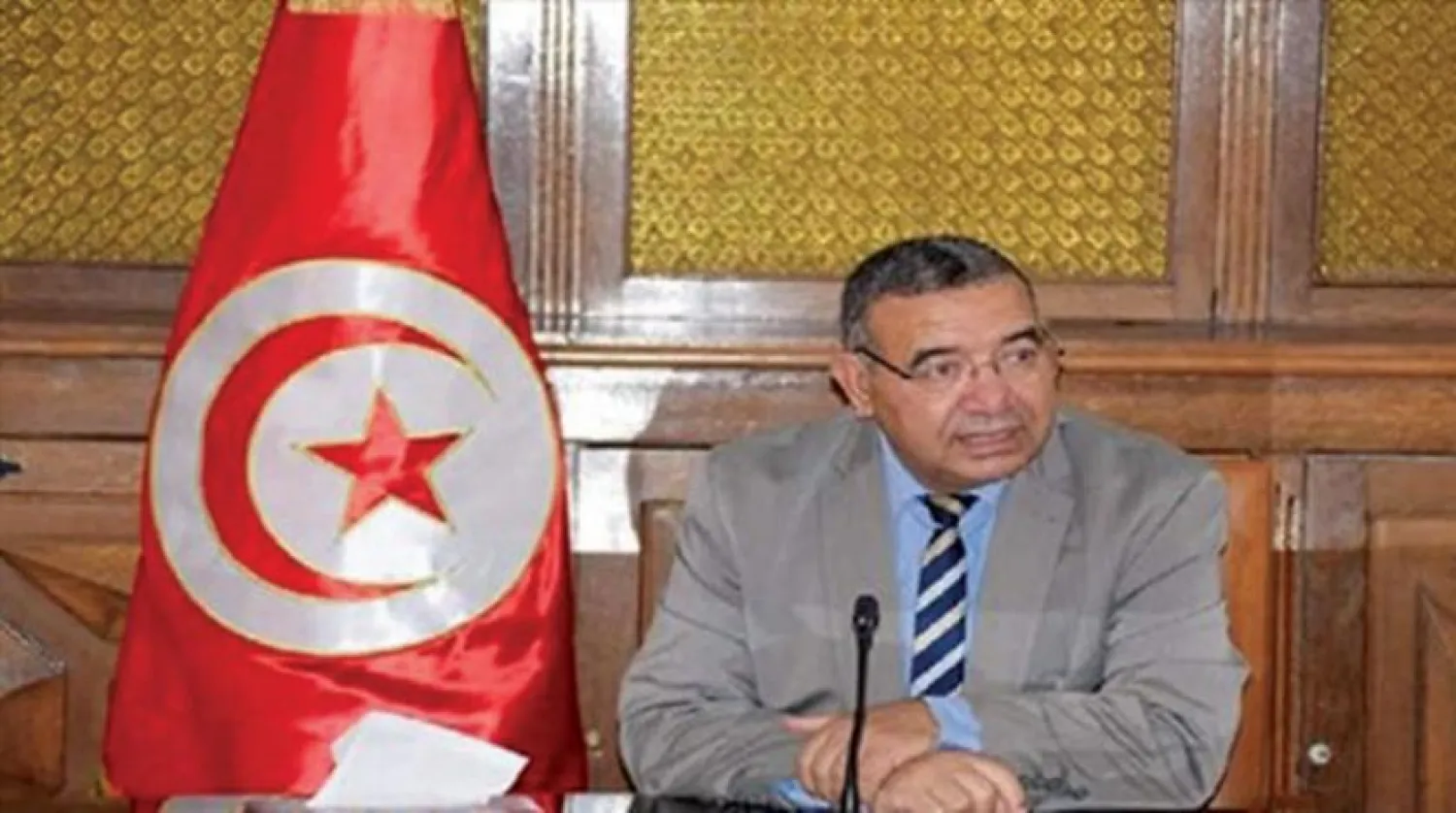Tunisia’s Minister of Equipment, Housing and Spatial Planning Moncef Sliti has revealed that more than 4,000 construction and rehabilitation projects have been paralyzed by the coronavirus pandemic.
In remarks to Asharq Al-Awsat, Sliti said that the projects in the capital Tunis and governorates across the country are worth 6 billion Tunisian dinars ($2.3 billion).
Around 250 agriculture and infrastructure projects worth $2 billion have also stopped.
Yet thousands of workers have returned to their jobs after the government adopted certain measures at the end of the lockdown to protect their health.
“One of the government’s greatest challenges is to save thousands of workers from unemployment,” he told the newspaper.
He lamented that hundreds of thousands of citizens working in the tourism, traditional industry and services sectors could lose their jobs.
Despite the postponement of certain housing projects, Sliti said that his ministry is following up the construction of around 30,000 homes for poor families at lower costs.
He lauded Saudi Arabia for granting the Tunisian government an $85 million loan to fund the second stage of the social housing program.
Tunisia has signed with The Saudi Fund for Development eight agreements worth $200 million.
Asked about a huge tourism project occupying an area of 1,000 hectares in the capital’s seafront, Sliti said that he has recently held meetings with cabinet members to take decisive measures on it, along with other projects that have been suspended for the past 10 years.
Rigorous COVID-19 containment measures since March appear to have halted the spread of the virus in Tunisia in recent days.
But the crisis has exposed deep problems, including poverty, a weak economy and underfunded public infrastructure.









